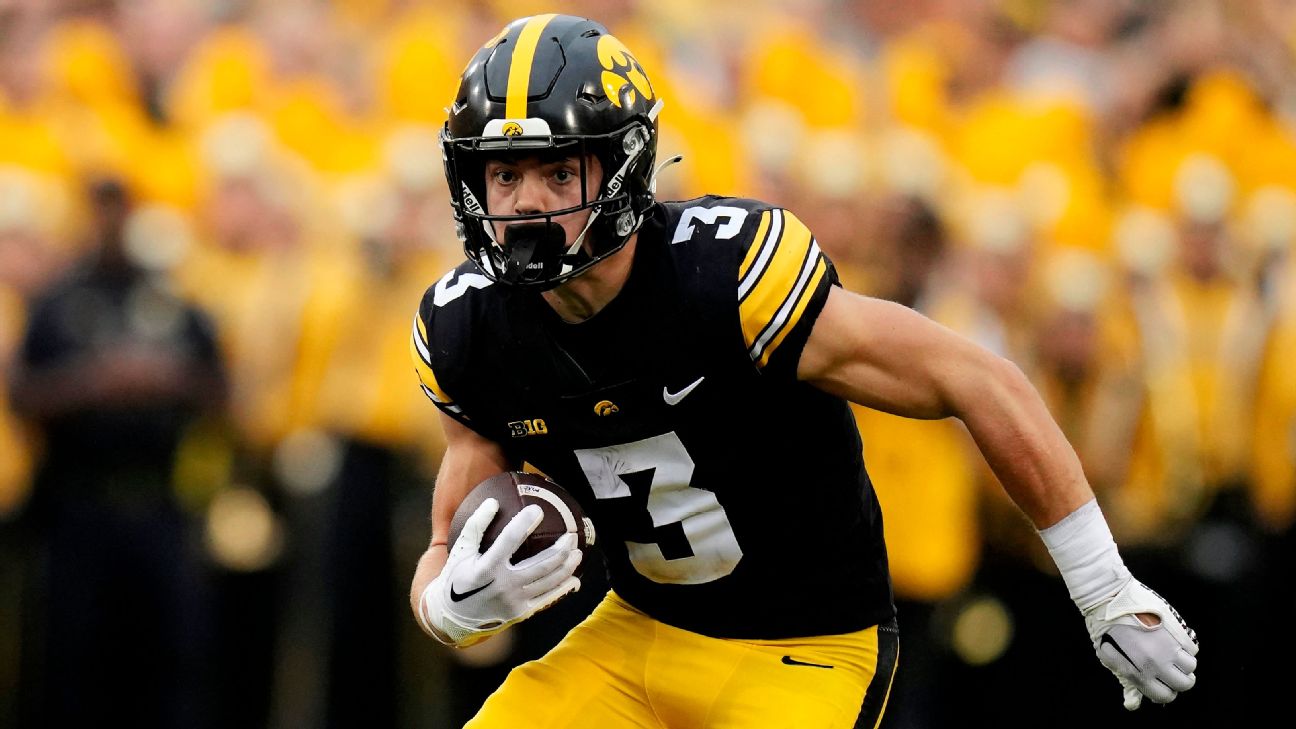Gun violence in Philadelphia increasingly targets Black women, data shows
PHILADELPHIA (WPVI) -- As gun violence explodes across Philadelphia, women - and particularly Black women - make up a growing share of the victims.
So far this year, 83 women have been shot in Philadelphia, and 66 of these women are Black. This time last year, 36 women had been shot, including 26 Black women.
These record numbers of female victims represent about 11.7% of all Philadelphia shooting victims in 2021 - up from 10.3% last year. Since 2015, the share of shooting victims who are women has grown by about half.
Rev. Robert Collier, President of Black Clergy of Philadelphia and Vicinity, said the increasing gun violence against women and communities of color is overwhelming.
"It's gotten to a point that we're in a crisis," he added.

After losing her son to gun violence, Dr. Dorothy Johnson-Speight founded Mothers in Charge, an organization that supports victims and families while advocating for change. Johnson-Speight said the current number of homicides is the worst that she's seen in the 18 years she's been working to combat gun violence.
"There has been an increase - an unbelievable increase - in female homicides, and that's not something we ever saw before," Johnson-Speight said. "Babies and females weren't the targets, but now they are."
The surge in female victims of gun violence is driven by Black female victims, who made up about 9.4% of all gun violence victims and over 80% of all female gun violence victims in the city so far this year. This disparity isn't new, but it is growing steadily each year. Last year, Black female victims made up about 77.8% of all female shooting victims, up from 74.6% the previous year.
Lisa Christian, Director of Community Services at Anti-Violence Partnership of Philadelphia, said this disparity is related to higher rates of gun violence in areas of concentrated poverty, an issue that has been exacerbated by shrinking resources during the pandemic. She has noticed a recent increase in calls for support for clients impacted by gun violence.
Christian cited several pandemic-related factors - including increased isolation, unemployment and adolescents not in school - that she says have contributed to the escalating gun violence. She also cited crime related to the drug trade and retaliations as contributing factors, as well as "the proliferation of guns into communities, particularly communities of color, who are hardest hit by the pandemic."

Experts say the rise in gun violence against women is likely due in part to domestic violence, which has increased during the pandemic as lockdowns have forced women to stay at home.
"There has been a retreat into the domestic space, and oftentimes the domestic space is not safe," said Natasha McGlynn, Interim Executive Director at Anti-Violence Partnership of Philadelphia. McGlynn added that this particularly affects vulnerable populations, such as communities of color and LGBTQIA+ communities.
Adam Garber, Executive Director at CeaseFire PA, a local nonprofit working to end gun violence across Pennsylvania, noted that the increase in female victims is also related to more bystanders being hit by gunfire as people are more willing to shoot indiscriminately in public areas.
"Past agreements to not target women and children have been breaking down, and we've seen more of that violence grow," Garber said.
Garber added that women have increasingly become a source of illegal firearms by buying guns for people who are not allowed to own them. He said these transactions put women in violent situations and can make them targets down the road. Johnson-Speight of Mothers in Charge is addressing this issue through Operation Lipstick, an educational program to help women understand that this practice is illegal and dangerous.
Experts say that education is an important step in combatting gun violence. They also cite the need for advocacy, policy work and violence prevention programs.
At Anti-Violence Partnership of Philadelphia, solutions include connecting women with services such as career coaching and housing relocation for those experiencing domestic violence or witness intimidation.
"We need an increase in funding dollars to agencies and organizations who have been at the forefront of battling these issues all along," said Christian. "We need multi-pronged approaches to these issues, not just for African-Americans, but for women of color across the board."
Christian added that gun violence must be addressed from a public health perspective, rather than from a crime perspective. Johnson-Speight agreed, calling gun violence an epidemic.
"It's not some incurable disease," Johnson-Speight said. "It's homicide in our community. And it has to be treated like an epidemic."





